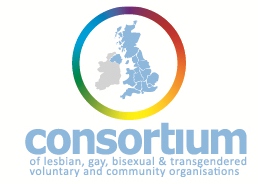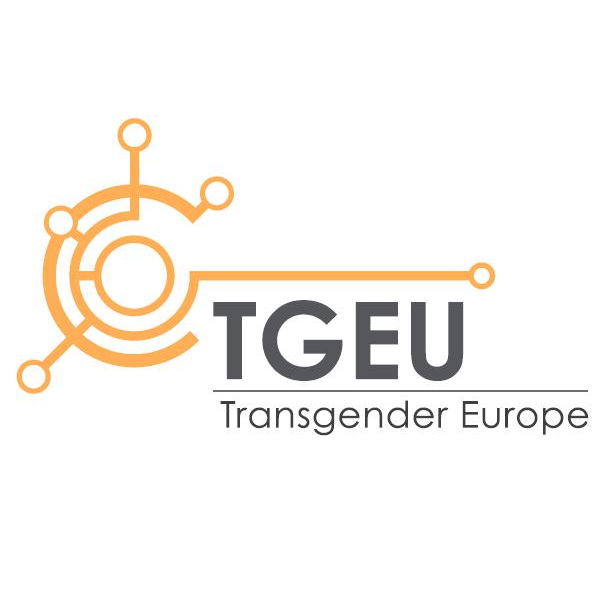This document gives practical best practice advice for NHS organisations to address their responsibilities relating to trans employment and healthcare delivery.
Extract from booklet:
There are a number of people in the United Kingdom whose gender identity (their sense of being a man or a woman) does not match their appearance and/or anatomy.
This guide is designed to equip NHS managers at all levels – as employers and as planners, commissioners and providers of
services – to understand the needs of trans people so that they can ensure we care for them equally, alongside everyone else who works for the NHS or has need of our care.
Other existing public sector equality duties, ongoing reform towards personalised services and the commissioning agenda present a real opportunity for NHS organisations to reconsider the design of services to take full account of the equalities agenda. By developing expertise and implementing the lessons learnt, we can embed equality at the heart of all functions and structures and contribute to a better understanding of our staff and more informed, personalised patient care.
As an employer and a provider of healthcare services, the NHS should not only comply with the law, but should also aspire to be an exemplar of good practice and seek to ensure that its services reflect the needs of the whole of our society. This means that it is essential that we strive to involve and take account of trans people’s needs in the design and delivery of all our services. This doesn’t just apply at the time in their lives when they need support and care to undertake the immense challenge of changing their gender identity, but throughout life.
It is also right that we should strive to retain valuable skills when a colleague needs to ‘transition’ from one gender role to the other. It is essential that we are seen as an inclusive employer – enabling us to find and recruit people with the best skills and aptitude to make careers in the NHS.










